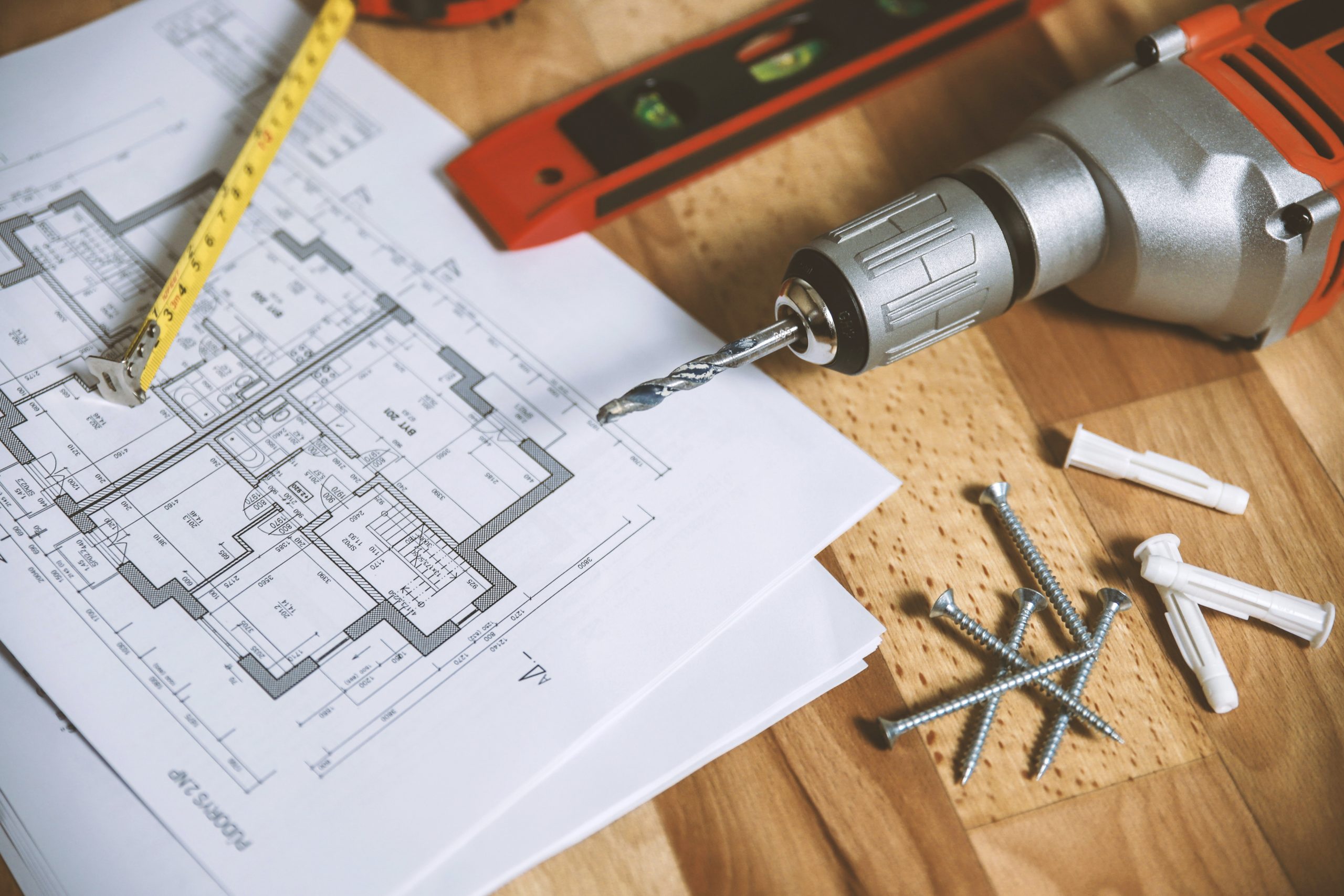As a student ambassador, I can apply for a variety of work opportunities, but one of my personal favourites is working at Makerspace. If you’re not familiar with the place, you can check it out here, but think of it as a creative design space combined with a crafting workshop where you can do anything from woodworking to 3D printing and laser cutting to electronics.
Activities that I support at Makerspace
One of the regular events that take place at the Makerspace is the ‘Maker Challenge’ – a programme for Year 10 to Year 13 students during which they can learn a range of skills and work on a project idea of their choice. I’ve had a chance to support the Maker Challenge as an ambassador throughout the last couple of years, both online during the pandemic and recently back in person. I think what makes these events so great is that they give students a chance to learn practical skills and put them to use to make fun projects, while the ambassadors can share their experience and nurture the participants’ creativity.
How learning practical skills motivates me to study
Although the programme is aimed at pre-university students, I actually find it very inspiring, as it reminds me how much fun doing projects just for yourself is. At university, there are unavoidably quite a few modules with a lot of theory, which are often difficult to wrap your head around at first, but thinking about potentially being able to use this knowledge in practice always motivates me to get through the challenging concepts and technical vocabulary.
The tools I learned and why I found this so valuable
Because one of my responsibilities as a Makerspace ambassador is helping the students use the available equipment to prepare parts, I was trained in using the 3D printer, laser cutter, pillar drill, bandsaw, and similar equipment. I’ve never had a chance to work on most of these machines before, so I gained some new skills in the process, but most of all I had a lot of fun, and it made me realise just how much I enjoy hands-on activities. Being able to apply the skill-set I acquired at university by helping students with soldering or prototyping circuits was very rewarding to me and made me appreciate the progress I’ve made since the first year of my degree. I also familiarised myself with various software tools used in the design process, which is not only useful in hobby projects but something that looks good on a CV too.
Collaboration and creativity
Working with the students that signed up for the Maker Challenge was a really positive experience as they were very curious, enthusiastic, and ambitious. From assistive technology to funky gadgets, they had plenty of interesting and unique ideas, and it was great to see them realise their potential in such innovative ways. Although without access to the Makerspace facilities, these projects would be much more difficult to complete, the key to unleashing their creativity was the environment where collaboration and inspiration were placed above achieving goals and following a structured learning routine. I often found myself challenged by the questions asked by the students, and I learned that what usually worked best was discussing the query or problem with students and working with them on a solution together, rather than trying to work out the answer on my own.
Whilst I had previous experience with helping students develop academically through tutoring or mentoring pupils with university applications, working in the Makerspace has shown me a very different approach to helping young people develop their potential (though I wholeheartedly believe that’s an equally valuable approach at any age). It’s been a truly rewarding experience that has helped me learn from the students and grow personally while being able to support them with learning skills and making cool projects happen.


